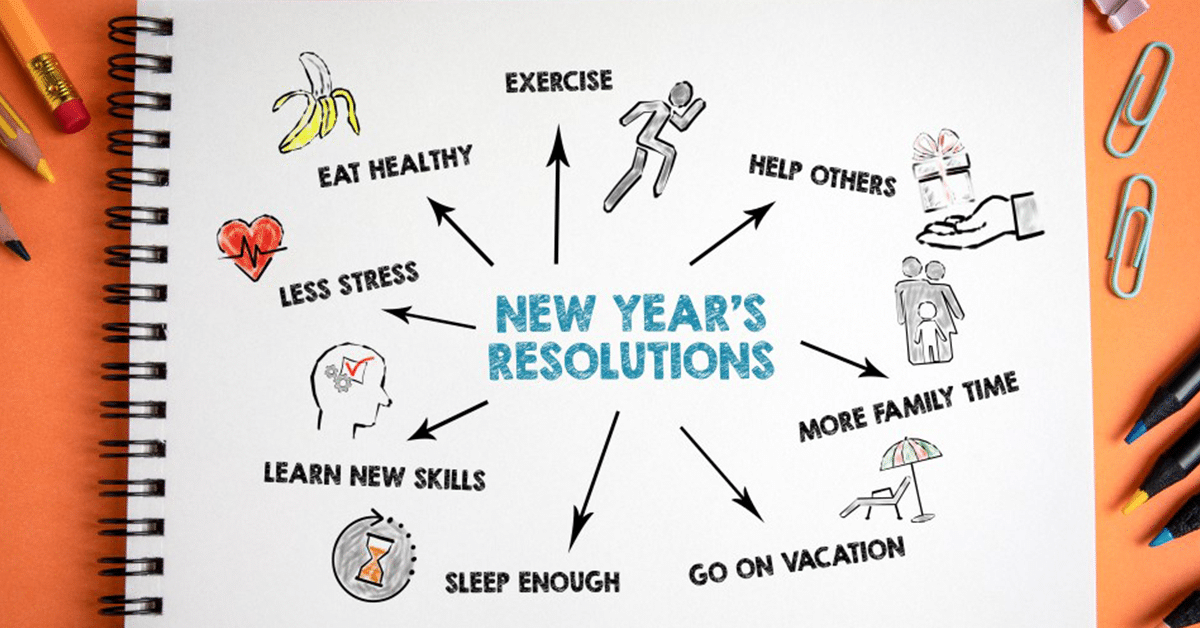Identifying gaslighting behavior and knowing how to combat gaslighting are essential to maintaining your self-esteem, and mental and emotional health. Gaslighting is a form of narcissistic abuse that’s used not only by narcissists, but also by sociopaths, addicts, and other abusers. Sometimes it’s intentional, and sometimes it has become a habit to hide and maintain power.
Understanding Gaslighting
The term gaslighting comes from the movie Gaslight with Charles Boyer and Ingrid Bergman in which the character played by Boyer slowly tries to make Bergman’s character think that she’s losing her mind in order to steal from her.
Gaslighting is not an occasional lie or denial. It’s a pattern of behavior calculated to make you trust the perpetrator, confuse you, and make you doubt your own perceptions, sanity, memory, or feelings. It’s based on the need for control or concealment – often of an affair or gambling, or financial information or losses.
You can recognize gaslighting by the 5 M’s:
- Methodical
- Malicious
- Manipulation
- Motive: to undermine your
- Mind
Identifying Gaslighting Behavior
There are three categories of gaslighting behavior. The first are statements that devalue you and demean your opinions, feelings, perceptions, or memory.
Demeaning Statements
Demeaning statements are intended to undermine your self-esteem and self-trust. Many abusers use manipulation and emotional abuse to …
I really appreciated this article (Tracfone Brings Back Flip Phones for Mental Health Awareness Month), as it touches on many of ...

As a therapist, I utilize a variety of techniques tailored to address different anxiety symptoms. While it’s difficult to choose a ...

Recent elections are resulting in very challenging times for the country and for all of us. Regardless of political views and ...
Having parents who are jealous of your success can be a difficult and confusing experience. On the one hand, you want ...
Burnout can affect anyone and leave you feeling exhausted and overwhelmed. It impacts your mental and physical health, making it hard ...

For millennia, women have been the backbone of families and communities, biologically wired to prioritize the needs of others. This selfless ...

Narcissists can be hard to empathize with, but research on inherited narcissism shows they didn’t choose to be that way; they ...
All of us or at least many of us probably have something to heal. Maybe we are already in the process ...

Relationship therapists and researchers like Howard J. Markman, Scott M. Stanley, and Susan L. Blumberg, coauthors of Fighting for Your Marriage, recommend that ...
New Year’s resolutions often come with high hopes and a desire for self-improvement. Even though the intent is positive, the process ...

Happy New Year! It’s 2025! “New Year, New Me!” Sound familiar? Every year, millions of people embrace this mantra, dive into ...
















